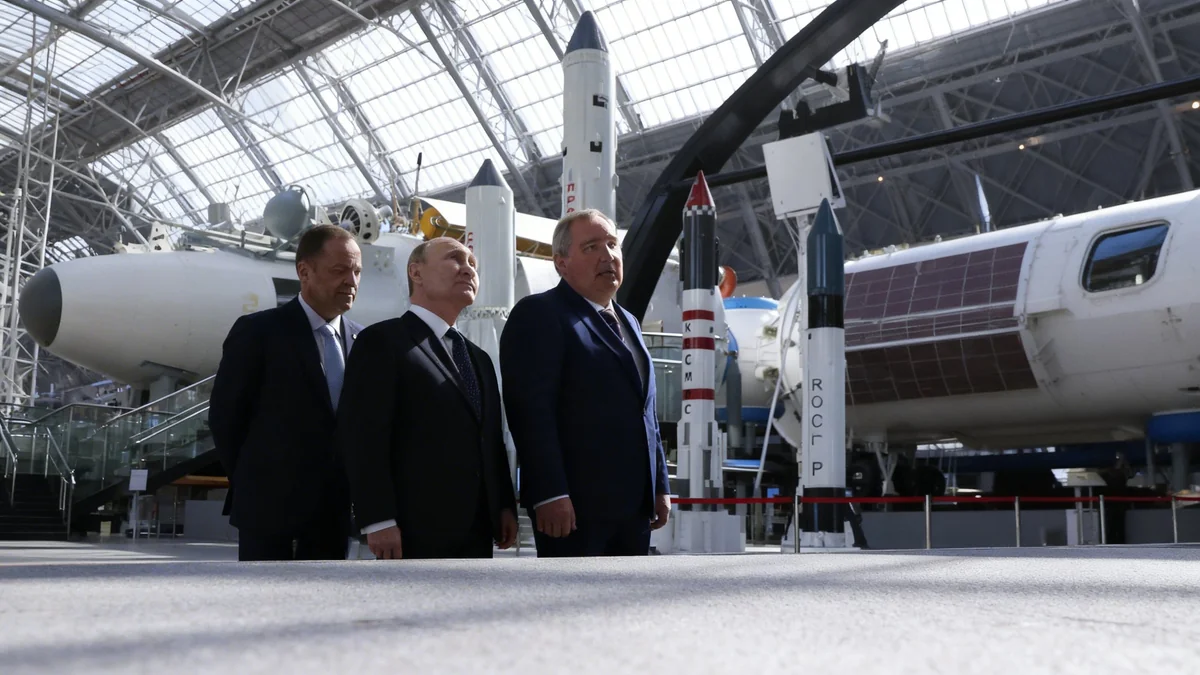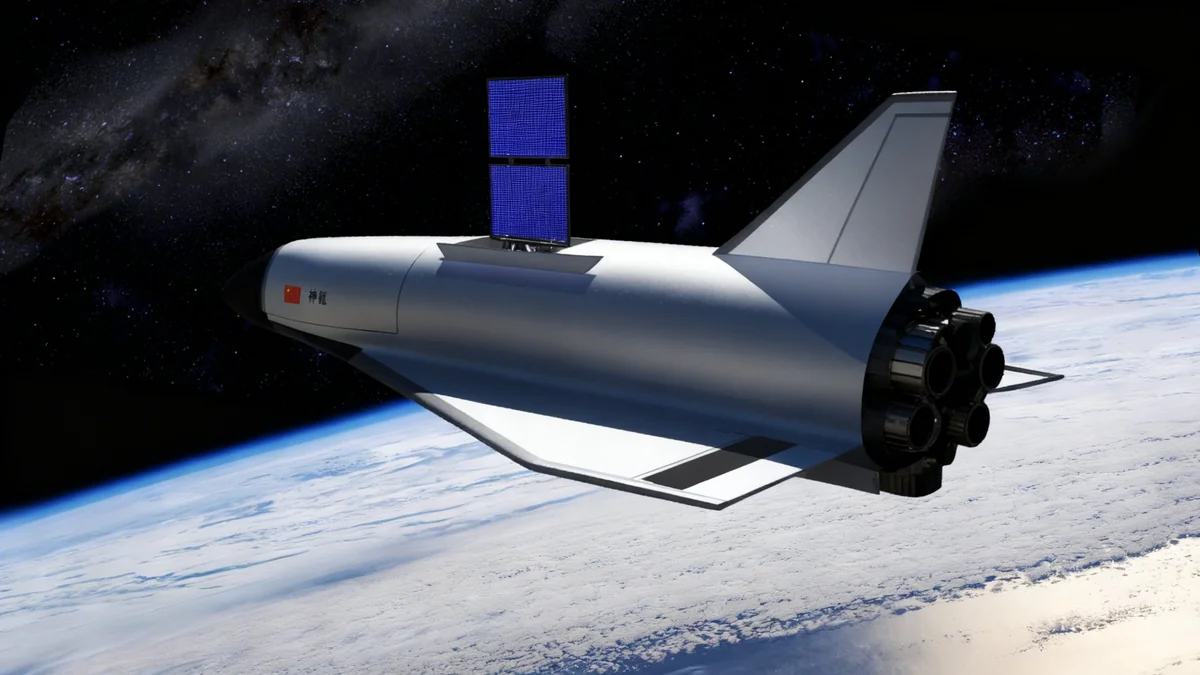The United Kingdom has entered into an agreement with Slingshot Aerospace, a California-based company, to acquire a new network of optical sensors for tracking objects in orbit. The deal marks Slingshot's first sale of the physical hardware that underpins its space monitoring and data analytics software, signaling a strategic expansion for the firm.
This partnership aims to enhance the UK's sovereign space surveillance capabilities as global orbits become increasingly crowded. The new sensors will provide an independent stream of data to the nation's space operations authorities.
Key Takeaways
- Slingshot Aerospace has secured its first hardware contract, selling optical sensors to the UK Space Agency.
- The agreement includes the deployment of 13 sensors across five strategic global locations.
- The deal highlights a growing international trend for nations to develop independent space tracking capabilities, often termed 'data sovereignty'.
- This initiative will help the UK manage the risks associated with a projected surge in orbital objects, expected to reach 100,000 by 2030.
Details of the UK Agreement
The contract, announced on October 28, details the provision of 13 advanced optical sensors. These will be installed at five different sites around the world, providing the UK with a persistent and global view of near-Earth space.
Installation of the hardware will be conducted in collaboration with Baader Planetarium, a German specialist in astronomical equipment. This partnership ensures the precise and effective deployment of the sensor network.
While the hardware will operate independently and be closed off from Slingshot's primary network of 204 sensors, the company will offer its sophisticated software platform. This allows the UK to leverage Slingshot's artificial intelligence and data analysis tools to process the information gathered by its new assets.
Supporting National Operations
The new sensor network is designed to integrate with and enhance the capabilities of the UK's National Space Operations Centre (NSpOC). Established in July of last year, the NSpOC is responsible for monitoring space for potential threats and hazards, protecting the country's critical satellite infrastructure.
The Drive for Space Sovereignty
Industry experts observe a significant shift in how nations approach space situational awareness. Many countries are moving away from a reliance on data provided by the United States and other established space powers.
"We are seeing a huge increase in demand," stated Melissa Quinn, general manager of international business at Slingshot Aerospace. She noted a trend of countries wanting to move "away from just buying data from providers to wanting to create their own sovereignty capability, from the software to the hardware."
This desire for independent capability is driven by the growing importance of data sovereignty. Governments are increasingly focused on protecting their own information chains of custody, particularly amid rising cybersecurity concerns. Owning and operating the entire data pipeline—from sensor to analysis—provides greater security and control.
Slingshot has adapted its business model to meet this demand, now offering a variety of packages that can include hardware, software, maintenance, and servicing. According to Quinn, the company's approach is flexible.
"It depends on the country and where their capability is now," she explained. "Some countries have nothing and they want everything — and some countries have a few of these capabilities, and they just need some of those technology gaps plugged."
Preparing for a Crowded Future
A primary motivation for investments like this is the rapidly increasing congestion in Earth's orbit. The number of active satellites is projected to skyrocket, posing a significant challenge for safe operations.
Orbital Population Boom
The number of active satellites is expected to grow from approximately 12,000 today to over 100,000 by the year 2030. This dramatic increase makes collision avoidance and space traffic management mission-critical for all space-faring nations.
An independent, persistent view of space is no longer a luxury but a necessity for protecting national assets and ensuring the long-term sustainability of space activities. The UK's investment in this new sensor network is a direct response to this evolving environment.
By layering commercial, off-the-shelf technology like Slingshot's sensors on top of its existing bespoke systems, the UK can expand its capabilities more quickly and cost-effectively than through government-led development alone.
Slingshot Aerospace established its international business division in 2023, with an office located at Spaceport Cornwall in southwest England, positioning itself to support the growing space sector in the UK and Europe.





